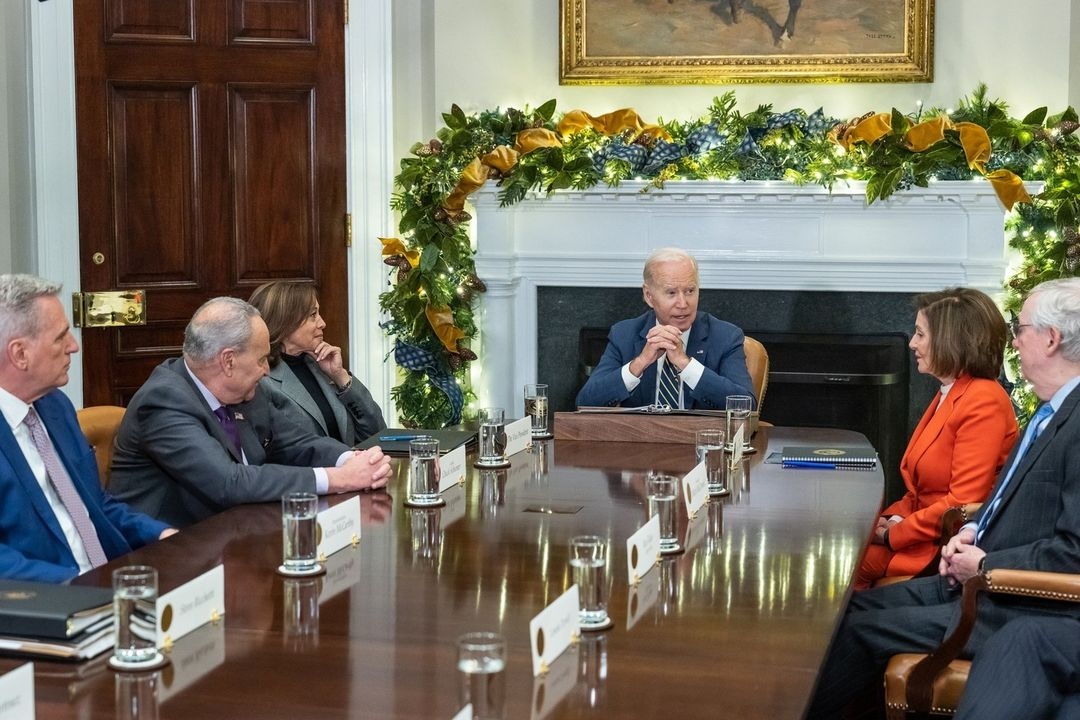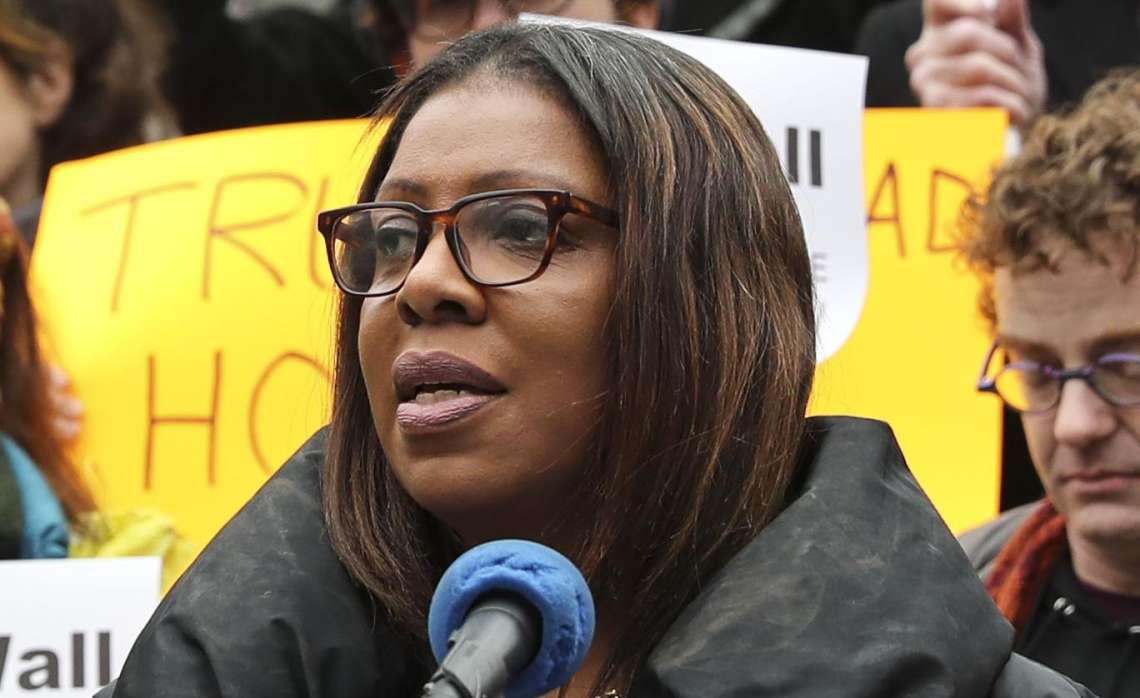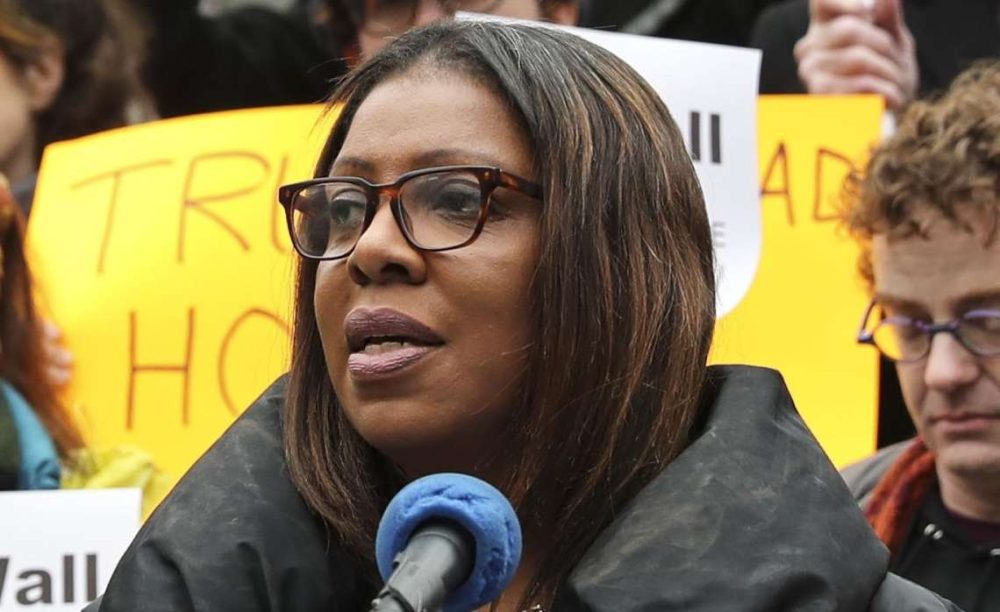Their talks came amid the threat of a national freight strike as a labour deal has divided members at two of the country’s biggest rail unions….reports Asian Lite News
US President Joe Biden met top congressional lawmakers to discuss the agenda on the lame-duck session on Capitol Hill.
In the House of Representatives, the lame-duck session marks Democrats’ final opportunity to act on their legislative priorities before Republicans take control of the lower chamber with a narrow majority in January 2023. But the December work period will also be filled with standard bills that Congress must take up, which will take up floor time.
The White House meeting on Tuesday included Biden, House Speaker Nancy Pelosi, Minority Leader Kevin McCarthy, Senate Majority Leader Chuck Schumer and Minority Leader Mitch McConnell, reports Xinhua news agency.
Their talks came amid the threat of a national freight strike as a labour deal has divided members at two of the country’s biggest rail unions.
The President and the lawmakers “discussed how Congress can act to prevent a rail shutdown, which would have devastating consequences for worke rs, families, and our economy”, according to a White House readout.
Without freight rail, many US industries would shut down, Biden said in a statement issued on Monday.
“As many as 765,000 Americans — many union workers themselves — could be put out of work in the first two weeks alone,” the statement read.
“Communities could lose access to chemicals necessary to ensure clean drinking water. Farms and ranches across the country could be unable to feed their livestock.”
Pelosi said later that the House of Representatives would take up legislation this week to adopt a tentative agreement between railroad workers and operators.
On Tuesday, Biden and the Congressional leaders also discussed how to keep the government funded, resources to fight Covid-19, and aid to Ukraine, the White House said.
McCarthy, who’s seeking to be elected as Speaker of the House, told reporters on Tuesday that Republicans will prioritise border security and spending cut, among other things.
Republicans flipped the House in the November 8 midterm elections, while Democrats held onto their Senate majority for the next Congress, which will convene for the first time on January 3, 2023.













